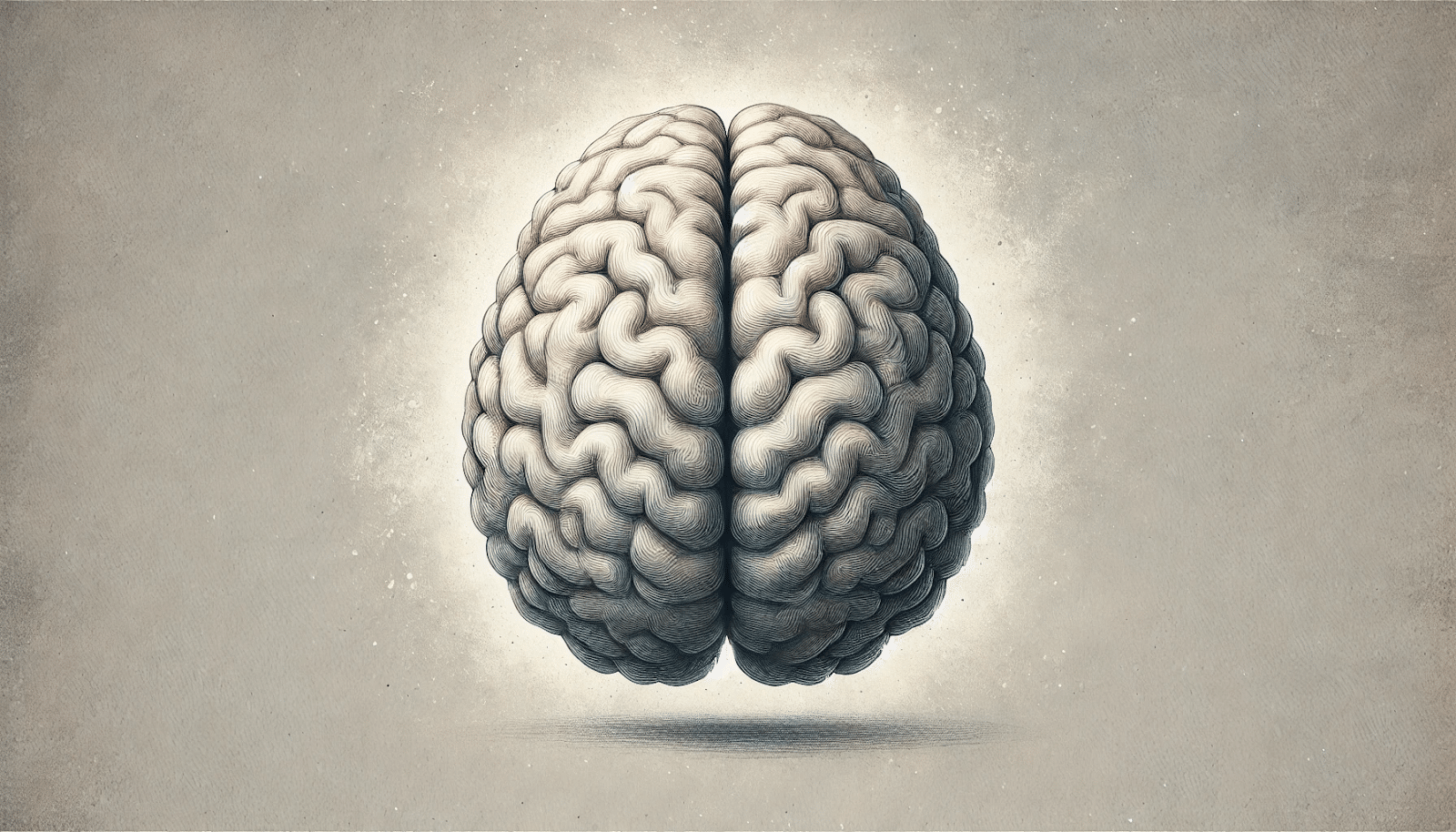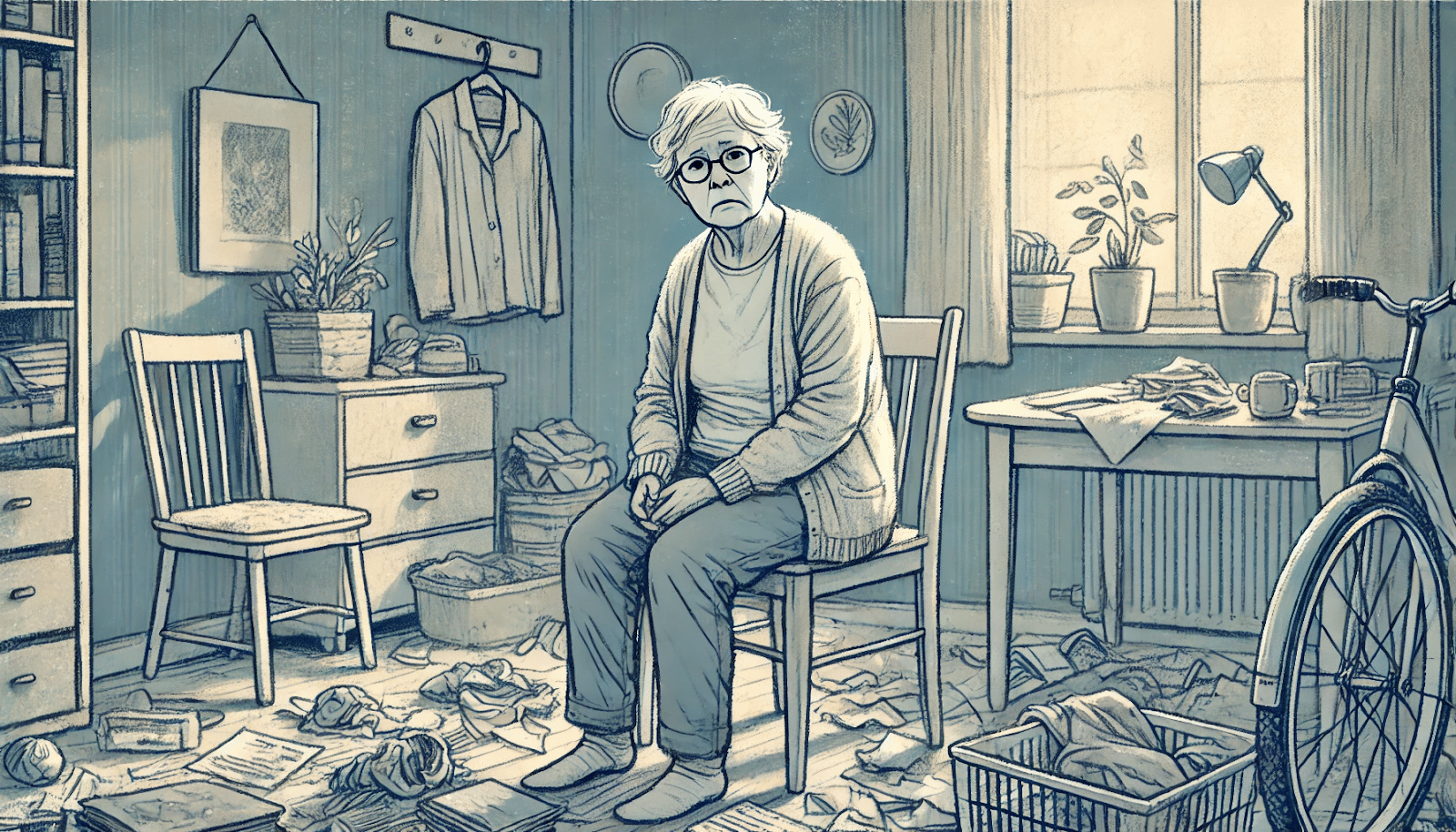Key Takeaways
- Paranoia in dementia is primarily caused by brain changes affecting perception and reasoning but can be worsened by medical conditions and environmental triggers.
- Effective management strategies include calm communication, validating feelings without reinforcing delusions, and creating a supportive environment with minimal stressors.
- As dementia advances to the middle and late stages, paranoia typically becomes more frequent and intense, often requiring professional intervention and specialized care approaches.
- A Mission for Michael (AMFM) provides personalized treatment for dementia-related paranoia through a comprehensive approach that combines therapeutic techniques, medication management, and a supportive care environment.
Understanding Paranoia in Dementia
Paranoia Definition
Paranoia is defined as a thought process heavily influenced by anxiety or fear, often to the point of delusion or irrationality. This can lead to persistent thoughts that others are out to harm or deceive them, even when there is no real threat.
These symptoms can be particularly challenging to manage in dementia patients, as they may not be able to articulate their fears or understand their irrational nature.
Relation to Dementia
Paranoia is often associated with dementia because the disease affects the brain areas responsible for reasoning and perception. As dementia progresses, these areas can become more impaired, leading to increased paranoia.
Recognize this symptom as part of the disease’s progression and not simply as a personality change.
Founded in 2010, A Mission For Michael (AMFM) offers specialized mental health care across California, Minnesota, and Virginia. Our accredited facilities provide residential and outpatient programs, utilizing evidence-based therapies such as CBT, DBT, and EMDR.
Our dedicated team of licensed professionals ensures every client receives the best care possible, supported by accreditation from The Joint Commission. We are committed to safety and personalized treatment plans.
Factors Contributing to Paranoia
Brain Changes

The brain goes through major changes as dementia gets worse.
As dementia progresses, the brain undergoes significant changes that can disrupt normal thought processes, leading to paranoia. For instance, if the areas of the brain that handle perception are affected, a person might misinterpret benign actions as threatening.
Also, the anxiety that often accompanies cognitive decline can exacerbate feelings of paranoia. When a person cannot understand their environment, they may default to suspicion as a protective mechanism.
Medical Conditions
Besides the changes in the brain, infections, medication side effects, and other underlying health issues can also influence paranoia in dementia patients.
For example, urinary tract infections are known to cause sudden changes in behavior and cognition in the elderly, sometimes leading to increased paranoia. Therefore, consider and address any potential medical conditions that could be contributing to these symptoms.
Environmental Triggers

The environment in which a person with dementia lives can significantly impact their mental state.
Loud noises, unfamiliar settings, or even changes in routine can trigger paranoia. Creating a calm, familiar, and supportive environment is crucial in managing paranoia.
Stages of Dementia with Paranoia
Early Stage
In the early stages of dementia, paranoia may not be immediately apparent. It often manifests as subtle suspicions or mild delusions that can be easily overlooked. The individual might experience occasional distrust of those around them or believe that items are being misplaced or stolen.
These early signs of dementia can be challenging to differentiate from normal age-related forgetfulness. However, paying attention to changes in behavior and thought patterns is crucial. Also, try to approach these symptoms with sensitivity and understanding.

Open communication and reassurance can be beneficial at this stage.
Encouraging the individual to express their feelings and validating their concerns can help reduce anxiety and build trust.
Middle Stage
As dementia progresses to the middle stage, paranoia becomes more frequent and pronounced. The individual might develop stronger delusions and may become more suspicious of family members or caregivers. This stage often requires more active management to prevent distress and maintain a sense of security.
During this stage, caregivers should focus on creating a supportive environment. Establishing a consistent routine and minimizing changes can help reduce confusion and paranoia. It’s also essential to engage the person in activities that provide a sense of purpose and enjoyment.
Additionally, caregivers should remain patient and avoid arguing or trying to convince the individual that their beliefs are unfounded. Instead, acknowledging their feelings and gently redirecting the conversation can be more effective.
Late Stage
In the late stages of dementia, paranoia can become a persistent and overwhelming symptom. The individual may experience constant fear and mistrust, making it difficult to maintain daily routines and relationships. This stage often requires more intensive care and support.
Paranoia in the late stage can manifest as severe delusions, where the individual believes they are in danger or that others are plotting against them. These thoughts can lead to significant distress and agitation.
Caregivers should focus on providing a safe and calming environment. Maintain a consistent routine and minimize potential stressors. Using familiar objects and surroundings can help provide comfort and reduce paranoia.
Professional help may become necessary at this stage. Consulting with healthcare professionals can provide valuable insights and guidance on managing symptoms effectively. Medications might be prescribed to help alleviate severe paranoia and improve the individual’s quality of life.
Handling Paranoia in Dementia
Calm Communication
Effective communication is key to managing paranoia. Speak calmly and reassuringly, validating the individual’s feelings without reinforcing their delusions. Avoid arguing or trying to convince them that their beliefs are false, as this can increase anxiety and mistrust.
Instead, focus on building trust through empathetic listening and gentle redirection. Encourage the individual to express their concerns and offer reassurance. Providing a sense of security and understanding can help reduce paranoia and build a stronger connection.
Environmental Adjustments
Minimize potential stressors by maintaining a consistent daily routine and reducing noise and clutter. Familiar objects and surroundings can provide comfort and a sense of stability.
Seeking Professional Help

Seeking professional help is not a sign of failure but a proactive step in providing the best care possible.
When paranoia becomes severe or unmanageable, get professional help. Healthcare professionals can provide valuable insights and guidance on managing symptoms effectively. They may recommend therapies or medications to help alleviate paranoia and improve the individual’s quality of life.
Memory care facilities can also offer specialized support and resources for individuals with dementia, ensuring they receive the care and attention they need.
AMFM: Your Partner in Managing Dementia-Related Paranoia
Paranoia in dementia presents unique challenges that evolve as the condition progresses. At AMFM, we specialize in addressing the complex relationship between dementia and paranoia through our comprehensive approach to mental health.
Our team recognizes that paranoia stems from neurological changes but is influenced by environment and individual experiences. We create personalized treatment plans that integrate evidence-based therapies, medication management when appropriate, and environmental adjustments to reduce triggers and promote comfort. What sets AMFM apart is our commitment to treating the whole person, not just their symptoms.

Treatment programs are administered from home-like facilities located across California, Virginia, and Washington.
Our specialized facilities across California, Virginia, and Washington provide secure, calming environments where individuals with dementia-related paranoia receive compassionate care from experts trained in these specific conditions.
If you’re struggling to manage a loved one’s paranoia related to dementia, don’t face these challenges alone. Contact AMFM today at 866-478-4383 for a confidential assessment and discover how our specialized care can help restore peace of mind for both you and your loved one.
Frequently Asked Questions (FAQ)
Can paranoia occur in early dementia?
Yes, paranoia can occur in early dementia, although it is typically more subtle at this stage. Individuals may experience mild suspicions or occasional delusions. Monitor these symptoms and address them with empathy and understanding to prevent them from escalating. Early intervention can help manage paranoia effectively and improve the individual’s quality of life.
How should I talk to someone experiencing paranoia?
When communicating with someone experiencing paranoia, remain calm and reassuring. Validate their feelings without reinforcing their delusions, and avoid arguing or trying to convince them otherwise.
Instead, focus on building trust through empathetic listening and gentle redirection. Offering reassurance and a sense of security can help alleviate anxiety and foster a stronger connection. Encourage them to express their concerns and provide support without judgment.
What steps can I take to prevent paranoia triggers?
Preventing paranoia triggers involves creating a supportive and calming environment. Maintain a consistent daily routine to reduce confusion and anxiety. Minimize background noise and distractions, and ensure the environment is safe and secure.
Using familiar objects and surroundings can provide comfort and stability. Engaging the individual in activities that promote a sense of purpose and enjoyment can also help reduce paranoia-inducing stressors.
When should professional help be sought for paranoia?
Professional help should be sought when paranoia becomes severe or unmanageable, impacting the individual’s safety and well-being. If paranoia leads to constant distress, agitation, or unsafe behaviors, consult with healthcare professionals.
Memory care facilities also can offer specialized support and resources for individuals with dementia, ensuring they receive the care and attention they need in a safe and secure environment.
How does AMFM approach the treatment of paranoia associated with dementia?
AMFM takes a comprehensive approach to treating paranoia in dementia by creating individualized care plans that address both symptoms and underlying causes. Our treatment combines therapeutic techniques like Cognitive Behavioral Therapy (CBT) with medication management when appropriate, all within a supportive environment designed to minimize triggers.













